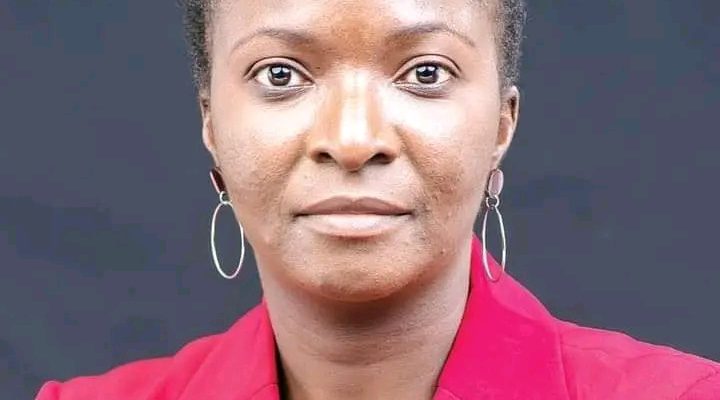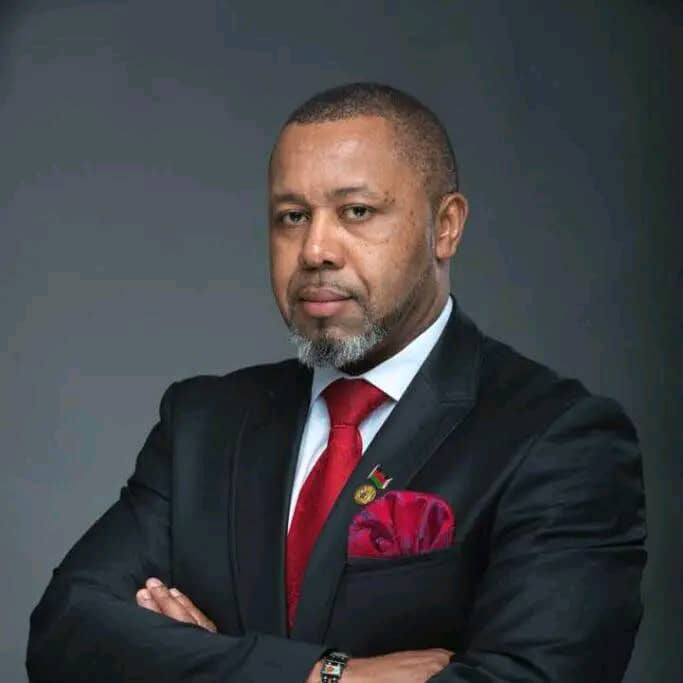
Martha Chizuma’s three-year tenure as the Director General of Malawi’s Anti-Corruption Bureau (ACB) was a period characterized by notable achievements and significant challenges. Appointed in 2021, Chizuma brought a determined and transparent approach to tackling corruption, making substantial progress despite numerous obstacles.
*Legislative and Educational Achievements*
One of Chizuma’s most significant accomplishments was the enactment of the *Whistleblower Protection Act*. This legislation provided crucial protections for individuals who report corruption, encouraging more people to come forward without fear of retaliation. The act represents a critical step toward creating a safer environment for anti-corruption efforts in Malawi.

Chizuma also spearheaded the creation of the *Anti-Corruption Sourcebook* for primary schools. This educational initiative aimed to instill the values of integrity and honesty in young students, reflecting a long-term strategy to combat corruption by shaping the next generation’s attitudes towards ethical behavior.
*High-Profile Cases*
Under Chizuma’s leadership, the ACB undertook several high-profile investigations. Notably, she led cases against prominent figures such as Vice President Saulos Chilima. Although some of these cases were dismissed due to a purported lack of evidence, her efforts highlighted the systemic challenges within the judiciary and the pervasive political interference in anti-corruption work.
*Challenges Faced*
Chizuma’s tenure was not without its hurdles. In 2022, she faced a significant setback when she was temporarily suspended over a leaked audio clip in which she suggested that high-ranking officials were obstructing justice. This incident not only underscored the political resistance she faced but also highlighted the broader institutional challenges within Malawi’s governance structures.
Financial constraints also plagued the ACB during Chizuma’s tenure. The bureau experienced a four-month funding gap in the 2023/2024 financial year, which severely limited its operations and underscored the chronic underfunding issues that hamper many anti-corruption agencies in developing countries.
*Public and Civil Society Support*
Despite these challenges, Chizuma garnered significant public support. Many Malawians and civil society organizations recognized her dedication and the foundational work she laid for future anti-corruption efforts. Her departure sparked calls for a transparent and apolitical process in selecting her successor to ensure that the ACB remains robust and effective.
*Legacy and Future Implications*
Chizuma’s tenure set a new standard for anti-corruption efforts in Malawi. Her legislative achievements and high-profile investigations have laid a robust foundation for continued anti-corruption activities. However, her experience also highlighted the critical need for stronger institutional support and protection for anti-corruption officials to sustain and build on her efforts.
In conclusion, Martha Chizuma’s time at the helm of the ACB was marked by resilience, significant legislative and educational contributions, and an unwavering commitment to fighting corruption. Her legacy is a testament to the potential of determined leadership in the face of systemic challenges and the importance of robust institutional support for anti-corruption efforts.













